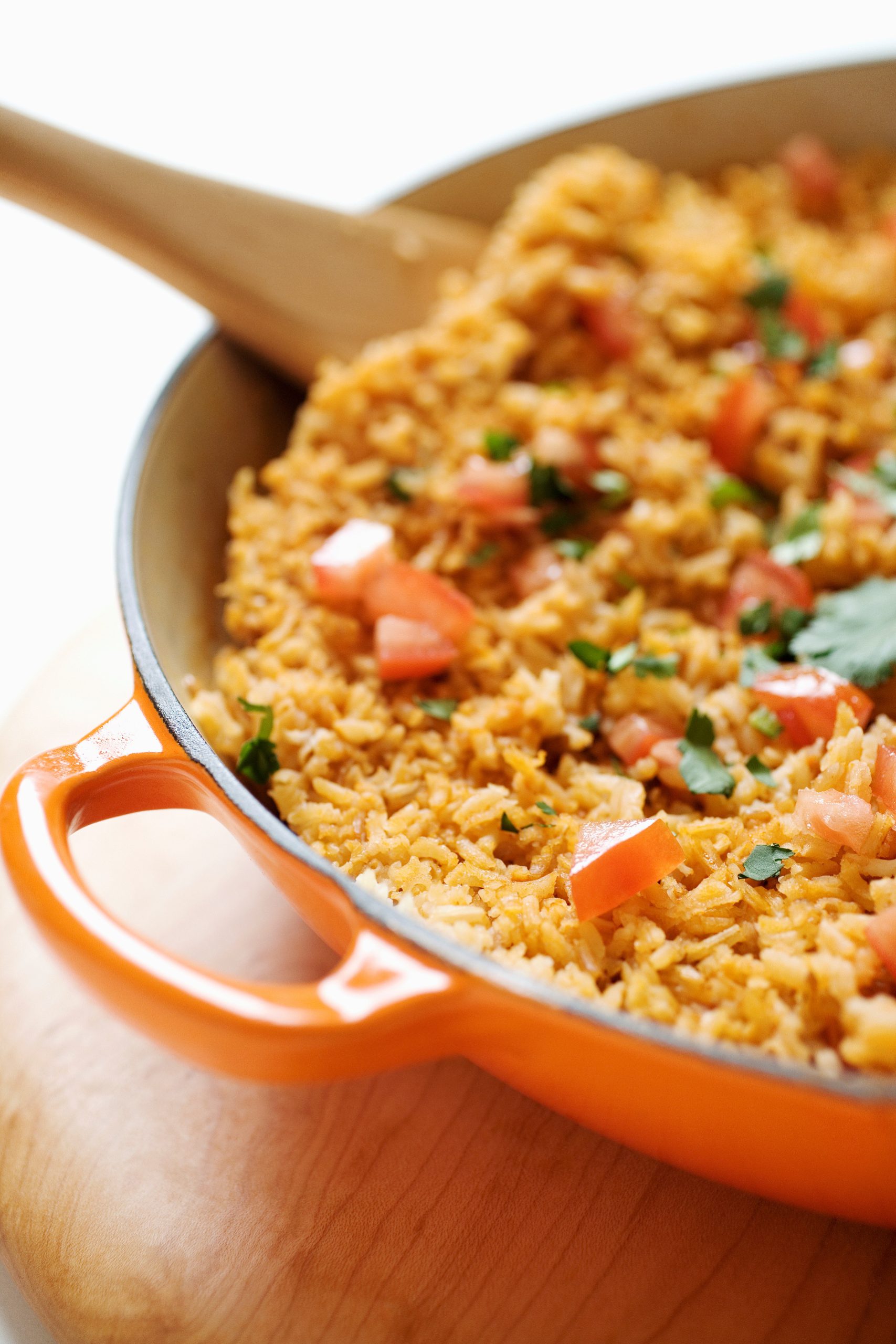Beginning with the Bollywood example!
In a delightful Bollywood movie, Amitabh Bachchan plays an Indian restaurateur in London. The restaurant makes Indian delicacies and biriyanis of every variety, ranging from the Hyderabadi to the Malabari. Meat and fish presumably abound. However, in the movie, Mr Bachchan is called “Ghaspuzz” (loosely translated as grass-eater), as he remains a vegetarian despite being surrounded by this extreme meat-fish cuisine. Interestingly, Mr Ghaspuzz, for health reasons, also does not prefer sugar in his diet. You might already have seen this runaway hit, called Cheeni Kum, which I somewhat flippantly translate as “no sugar please, I have Diabetes!”.
However, whether you have watched it or not, there is no denying that the title suggests that this is perhaps Bollywood’s first mega-acknowledgement of the importance of Diabetes mellitus.
 n
n
However, this movie has a special relevance to this article too. For, Cheeni Kum endorses the view that despite the profusion of non-vegetarian delicacies that globalisation/ Westernisation seems to force upon us, it is still possible to remain vegetarian and stay healthy, as Mr Ghasspuzz does while residing in the heart of Western civilization. This article will list out the science behind the concept of vegetarianism. And importantly, this article will not shy away from discussing anti- vegetarianism too, and will suggest possible solutions.
Vegetables provide fibre: advantage no.1
Vegetables and fruits contain fibre. Fibre does not provide energy, does not get digested fully and thus remains in our intestines. Certain components of fibres absorb water and swell. This makes us feel full after meals, and thus prevents overeating by promoting satiety. In addition, fibre slows down the rate of absorption of substances like glucose and fat. This means that the surge in glucose and cholesterol levels that occur after a meal can be limited by vegetables. It is well known that the post-meal surge in glucose and cholesterol (called post-prandial hyperglycaemia and hyperlipidemia) have extremely adverse consequences on Diabetes as well as heart diseases.Soluble fibre can help improve blood glucose management by slowing down digestion, leading to more stable blood glucose levels after eating. Those who are overweight or obese category, High-fibre foods tend to be more filling so you’re likely to eat less and stay satisfied longer. They also take longer to eat and to be less “energy dense,” which means they have fewer calories for the same volume of food.
Soluble fibre found in beans, oats, flaxseed and oat bran may help lower total blood cholesterol levels by lowering low-density lipoprotein, or “bad,” cholesterol levels. Studies also have shown that high-fibre foods may have other heart-health benefits, such as reducing blood pressure and inflammation.
Diabetes Canada recommends:
• Adults with Type 1 or Type 2 Diabetes may aim to consume 30 to 50 grams of fibre every day.
• Children between the ages of three and 18 need a gradual increase in fibre intake, usually calculated by using the child’s age and adding five grams.
Institute of Medicine recommends:• For age 50 years or younger – 38 g/day for men and 25 g/day for women• For age 51 years or older – 30 g/day for men and 21 g/day for women
Prevent Diabetes, Grass-eater!
It is also well known that vegetarian diets can reduce the risk of Diabetes. Diabetes increases the risk of heart disease. With the epidemic of ischemic heart disease (which causes the so-called heart attacks) looming over the Indian subcontinent, this information is bound to be useful. The Probability is that by just avoiding meat and fish, one can significantly lower the chance of dying from heart attacks.
 n
n
A well-known study, European Prospective Investigation into Cancer and Nutrition (EPIC)-Oxford study followed up over 45,000 people who were Diabetes free at recruitment for a period of 18 years. The study showed that low meat and non-meat eaters had a lower degree of fatness as well as a lower risk of Diabetes. And for those of you who are willing to give up meat but not fish, there is some good news: that it is better to eat just fish and rather than fish and meat.
Diabetes management
Type 2 Diabetes is the common type of Diabetes worldwide and is associated with obesity, hypertension, and heart disease. Insulin is a hormone that keeps blood glucose in check and insulin does not work properly in Type 2 Diabetes- a condition called insulin resistance. Plant based diets may reduce insulin resistance and make insulin work better; these diets also are associated with better blood glucose levels. Recent research shows that plant-based diets could prevent Type 2 Diabetes, obesity, high blood pressure, high cholesterol, heart disease and cancer.
The reasons are not completely known. A plausible explanation is that any diet that is rich in vegetables tends to have lesser fat, greater fibre, more antioxidants, and higher complex carbohydrate content. Complex carbohydrates (as in fruits), when compared to simple carbohydrates (e.g. sugar) are much more slowly digested and absorbed.
Fibre-rich diet
In very simple terms, this means that a complex carbohydrate diet means lesser peaks of high blood glucose. It must be noted that here, vegetarian diet refers to calorie restricted diets with complex carbohydrates and less fat. The quality and quantity of the vegetarian diet is important, and a vegetarian diet rich in junk food, sweet meats and sugary drinks is not what we are writing about. We are referring to a healthy vegetarian diet, rich in protein, healthy fats, with moderately restricted carbohydrates, and that too of a high quality.
 n
n
What about diabetic complications?
Heart disease prevention:
Heart disease is one of the most dreaded complications of Diabetes. In people with Diabetes, heart disease is associated with high cholesterol high blood pressure and raised levels of inflammation. It has been shown that a plant-based diet can reduce inflammation, improve blood pressure and cholesterol levels- thus reducing the risk of heart disease.
Kidney disease prevention:
Another important complication of Diabetes is death due to kidney failure, and studies have shown that a plant-based diet can lower kidney disease-related deaths in people with Diabetes. Thirdly, Diabetes affects the nerves of the feet, and a plant- based diet has been shown to alleviate the symptoms of painful diabetic nerve damage as well.
Cancer prevention
Most people hate the word and its sound. Indeed, the cancer somewhat resembles the villain of Harry Potter novels, i.e. “he who must not be named”! Well, increasing evidence suggests that a vegetarian diet can prevent cancers. Even in people who already have cancers, a plant-based diet may be beneficial. Whole grains and fibre could protect against colon cancer. Certain vegetables, like soybeans, for instance, contain plant-base hormones like phyto- estrogens, which prevent breast cancer.Another mechanism is by anti-oxidative action: in simple terms, excess oxidation damages genes and leads to cancer.Overall studies have shown that legumes are protective, while meat can increase risk of cancer. Legumes may contain saponins, fibre and protease inhibitors that may actually neutralize carcinogens (toxic cancer-triggering chemicals). Fruits and vegetables contain anti-oxidant moleculeslike vitamin C that can protect against these cancers. In addition, plants contain Vitamin E, folate, fibre and other phytochemicals that can protect against cancer.
Vegetable oils: a slippery slope
Vegetable oils do not contain cholesterol, but are certainly made of fats in other forms. It is generally known that animal oils have a lot of cholesterol and are thus more dangerous than vegetable oils. However, there are some caveats. Fats and oils are of two types: saturated and unsaturated.
Saturated fatty acids are generally considered bad for the heart. Most vegetable oils are low in saturated fatty acids. Among the unsaturated vegetable fats and oils, the ideal ones are those containing MUFA (mono-unsaturated fatty acids) such as olive oil and some nuts. Fats and oils containing PUFA (poly-unsaturated fatty acids) like soy bean oil can also lower the bad LDL cholesterol, but are not as good as the MUFA oils.
 n
n
To be fair, it has been reported that fish oils contain omega-3-unsaturated-fatty acids which lower cholesterol levels and are good for the heart. It is well known that a balance between omega-3 and omega-6 unsaturated fatty acids is important.
Sunflower and safflower oil, it has been proposed, might disturb this balance. A combination of sesame (gingelly), groundnut and rice bran oils could be an ideal, healthy and Indian way of combining unsaturated fatty acids.
However, not all unsaturated fats are good. Trans-unsaturated fats, whether of vegetable or animal origin have adverse effects on heart attacks. These
trans-unsaturated fats are found in fried fast foods. The worst kinds of oils are found in the roadside eateries. Commonly these serve food that has been cooked in oil that has been used again and again: this makes the oils cardiac-unfriendly.
What about our coconut oil and palm oils? To be fair, both these oils have the bad, saturated fatty acids in similar proportion to that found in animal oils. And to be doubly fair, while concerns have been raised about the possible adverse effects of these two oils, science has thus far been unable to clinch the debate either way. So what’s the final word? Firstly, vegetable oils seem to be better than animal fat: indeed, it has been suggested that animal fat is even linked to colon cancer. Secondly, it is important to avoid used oil. Finally, oils which are saturated or which contain trans-fats in any form are best avoided.
Anti-veggies: going against the grain!
If you will pardon the joke, there are no free (vegetarian) lunches! Everything, even vegetarianism comes with advantages and disadvantages. One important disadvantage is that vegetarians are at risk of vitamin B12 deficiency. It is important to recognize that two groups of people are at high risk of this long standing: firstly, elderly vegetarians who are sick with coexisting chronic illnesses. Secondly, breastfed infants of vegetarian mothers, whose own B12 levels are low. Both these groups may require supplementation with vitamins.
 n
n
Given the relative deficiency of protein and calcium in the traditional Indian vegetarian diet, it is important for all vegetarians to remember to consume adequate calcium (as in milk) and protein. Rich sources of protein in a vegetarian diet include soya bean, milk, curd, paneer, mushrooms, green leafy vegetables and pulses.
Somewhat over-hyped side effects of a fibre and leguminous diet include intestinal gas production, flatulence and eructation. Also, some vegetables (like bitter gourd) do not exactly flatter the palate!
However, you will agree that these are minor concerns and should not detract from the larger benefits of vegetarianism. A word of caution: almost all scientific benefits of vegetarianism are attributable to fresh fruits and vegetables in as raw a form as possible. So it is important not to associate calorie-rich foods like bondas, bajjis and the laddoos with vegetarianism.
 n
n
Ending on the right note
This article has focused on the scientific aspects, and has steered away from all cultural, traditional, and social arguments on vegetarianism. A well balanced diet consists of fresh fruits, vegetables, whole grains, cereals, nuts, seeds, legumes and beans. Substituting animal protein with plant protein can reduce fat intake while increasing consumption of fibre-rich carbohydrate. It is well known that the costs of medical diagnosis and treatments are now escalating rapidly.
In this era, it is important to remember the enormous benefits of the simple public health strategy of increasing vegetable/ fruit intake, coupled with regular exercise. The world is already waking up to this reality.
The well-known “Planetary Diet” endorsed by the EAT-LANCET Commission argues for a diverse, nutritious food, rather than making crops to feed livestock. The commission argues for a reorientation of both marine and livestock policies to create a sustainable future for our planet. The considerable use of energy, crops, and water to feed animals that can feed humans has to be seen from the sustainable point of view.
Sustainable food choices
Non-vegetarian diets also lead to land and water waste. One will need to feed an animal ten calories of plants to obtain one calorie of meat. Hence, from a planetary health perspective, we are realizing that non-vegetarianism could waste our precious resources Thus, the importance of earing a healthy plant-based diet in today’s world is of great significance. Plant based diets are, in addition to the health and environment argument, also a more compassionate because this prevents the cruelty of torture and killing of animals.
Coming back to the Bollywood example of the elderly gent, Mr Ghasspuzz diets, exercises, avoids sugar, remains vegetarian and eventually, canters all the way to success in matters of the heart. Probably, therein lies a symbolic message for every Indian who wishes to avoid Diabetes and prevent heart disease.














